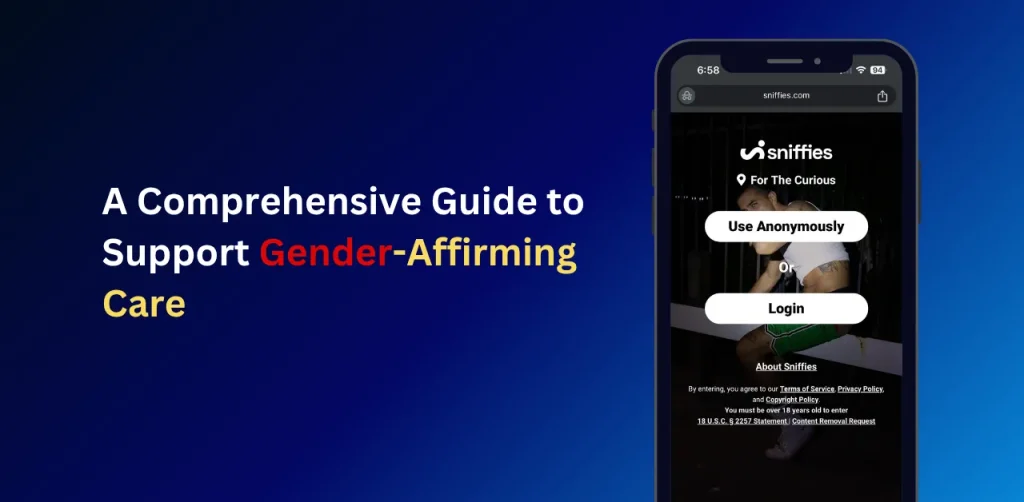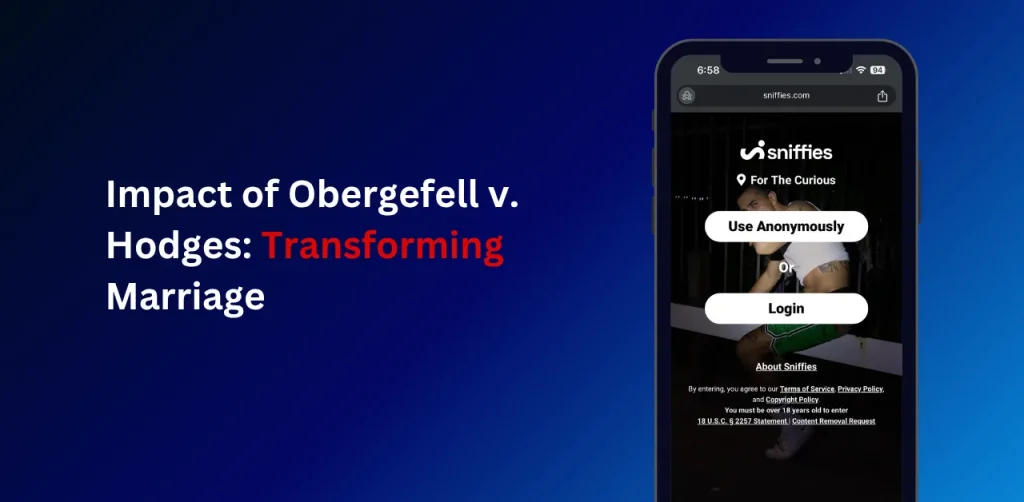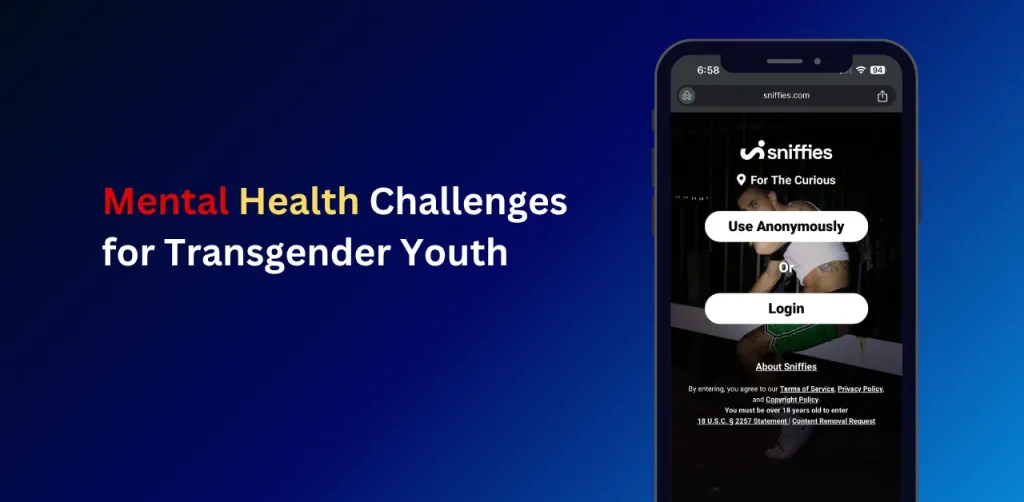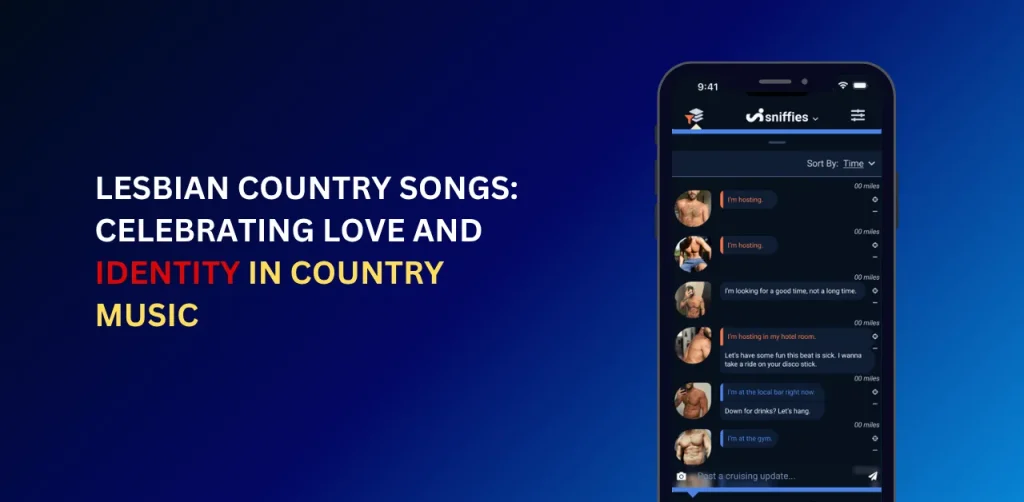Coming Out as Gay – Guide to Embracing Your Identity
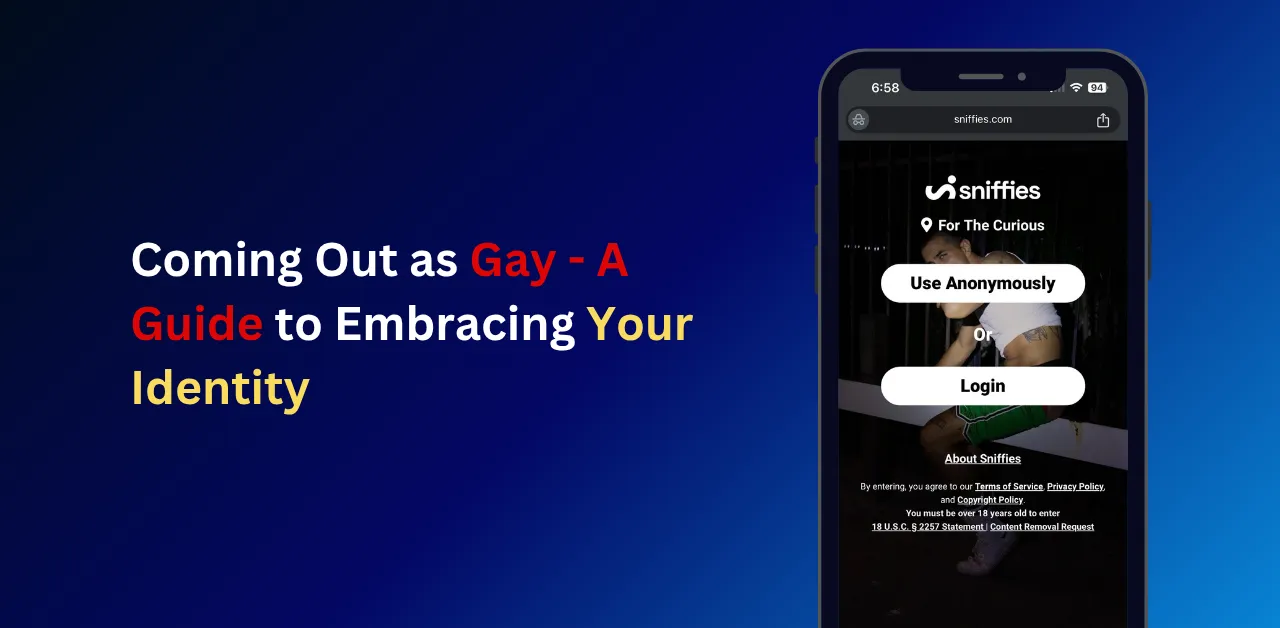
Coming out as gay is a deeply personal journey that can be both liberating and challenging. Whether you’re preparing to share your identity with family, friends, or colleagues, this guide offers practical steps, emotional support, and resources to help you navigate the process with confidence. Our insights are drawn from expert advice, community experiences, and authoritative sources to ensure you feel empowered and supported.
The Coming Out As Gay Process
Coming out is about sharing your identity as a gay person with others. It’s not a one-time event but a series of moments that vary in context and emotional weight. The process often involves self-acceptance, planning, and open communication. Here’s what you need to know:
Why It Matters: Studies from the Trevor Project show that affirming environments can reduce mental health risks for LGBTQ+ youth by up to 50%.
Preparing to Come Out: Practical Steps
Preparation can make the coming out process smoother. Here are actionable steps to consider:
Pro Tip: Write down your thoughts or use a script to stay focused during emotional conversations.
What Resources Are Available for Support?
- The Trevor Project: Offers 24/7 crisis support for LGBTQ+ youth (1-866-488-7386).
- PFLAG: Provides local support groups for families and allies.
- GLAAD: Offers educational resources to foster understanding.
Emotional Support for Coming Out
Coming out can bring a mix of emotions, from relief to anxiety. Here’s how to care for your mental health:
- Seek Professional Support: A licensed therapist, especially one trained in LGBTQ+ issues, can provide tools to manage stress. The American Psychological Association (www.apa.org) offers a directory of affirming providers.
- Practice Self-Care: Engage in activities that bring joy, like exercise, meditation, or creative hobbies. Studies show that self-care reduces stress by up to 30% in high-pressure situations.
- Connect with Community: Join local or online LGBTQ+ groups to share experiences. Reddit’s r/lgbt community, for example, offers peer support and real-life stories.
Navigating Challenges and Building Resilience
Not every coming out experience is smooth. Here’s how to handle common challenges:
Table: Common Challenges and Solutions
| Challenge | Solution | Resource |
|---|---|---|
| Family rejection | Provide educational materials | PFLAG (www.pflag.org) |
| Workplace discrimination | Review company policies | HRC Workplace Equality (www.hrc.org) |
| Cultural stigma | Seek culturally competent support | NQTTN (www.nqttcn.com) |
Why Coming Out Matters: The Bigger Picture
Coming out isn’t just personal it’s a powerful act of visibility that advances LGBTQ+ acceptance. According to a 2023 Gallup poll, 71% of Americans now support same-sex marriage, a number that rises with increased visibility. By sharing your truth, you contribute to a more inclusive world.
Coming out can inspire others to live authentically. For example, a 2024 study from the Williams Institute found that visible LGBTQ+ role models in media and communities increase acceptance rates by 15% among younger generations.
How Do I Know When I’m Ready to Come Out?
You’re ready when you feel comfortable with your identity and have a safe space to share it. Signs of readiness include feeling confident in your self-acceptance and having a support system in place.
What If My Family Reacts Negatively?
Negative reactions can be painful. Have a plan for self-care, such as connecting with a counselor or support group. Over time, many families become more accepting—PFLAG reports that 60% of parents become supportive within two years.
How Do I Come Out at Work?
Research your workplace’s policies on inclusivity. Share with a trusted colleague or HR representative first, and consider referencing resources like the Human Rights Campaign’s Workplace Equality Program (www.hrc.org).
Conclusion: Your Journey, Your Strength
Coming out as gay is a courageous step toward living authentically. By preparing thoughtfully, building a support network, and prioritizing self-care, you can navigate this journey with confidence. Remember, you’re not alone—millions have walked this path, and resources like The Trevor Project and PFLAG are here to help.
Explore our related resources on LGBTQ+ support or share your story below to connect with others. check out our latest article Gay Travel Destinations

